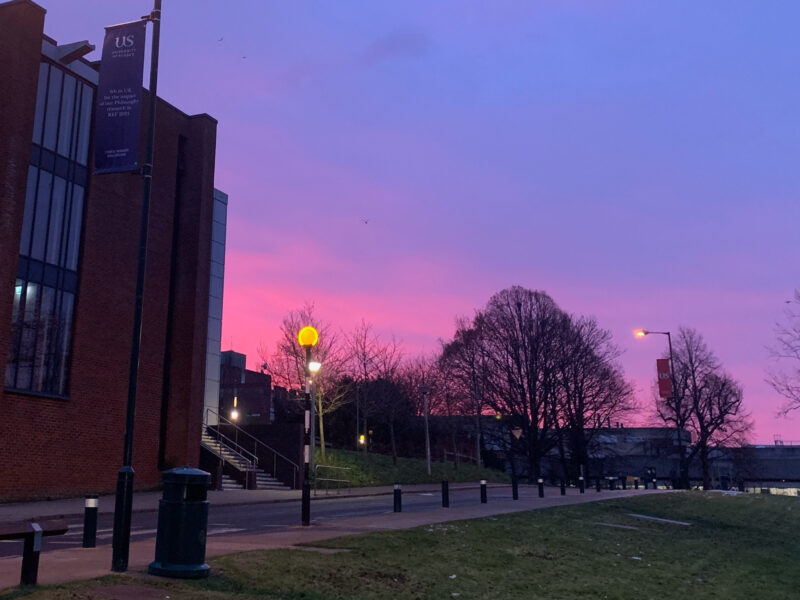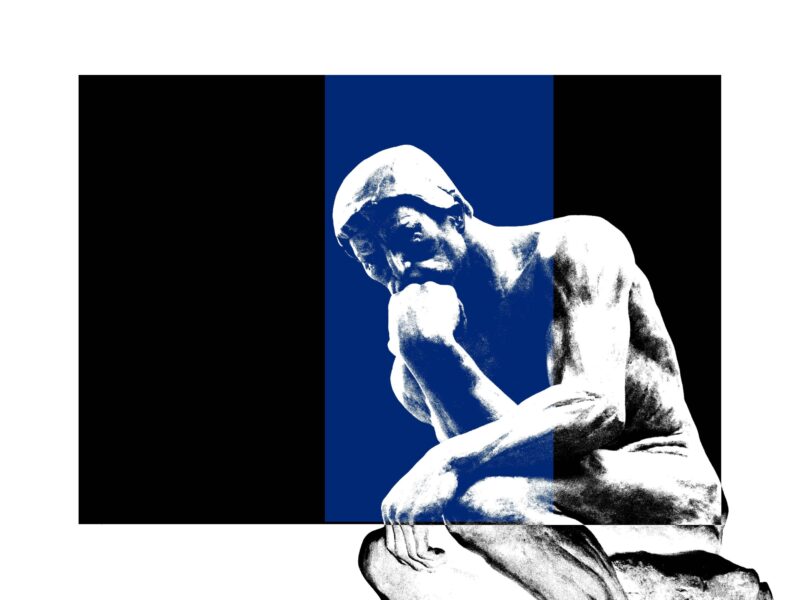April 12 marks the end of my undergraduate career. Soon enough, the real world will rear its ugly head at me, complete with office politics and mundane water cooler small talk. I now find myself obsessed with all things job-related because I don’t want to suffer the humiliation having to move back in with my parents. I’m also excited by the prospect of finally having money and being able to shop at the “nice grocery store” with non-bruised produce.
Still, I’m reminded of the old adage, “money doesn’t buy happiness;” a “fat” wallet won’t make you feel “phat.” Yet, according to the Gallup-Healthways Well-Being Index, this time-honoured saying may not be entirely accurate. The Gallup poll surveyed some 250,000 American adults and found that while there is a relationship between yearly income and depression, more money doesn’t necessarily translate into greater happiness.
However, the survey did uncover a magic number: 60,000. This number was made famous last February during a TED (Technology Entertainment and Design) conference by Daniel Kahneman, a Nobel laureate and Princeton professor.
“Below $60,000 a year, people are unhappy,” says Kahneman. “And they get progressively unhappier the poorer they get. Above that, we get an absolutely flat line.”
That means that long as I land a job that pays at least $60,000, I’ll be just as happy as if I had Oprah money.
Kahneman is still quick to point out that the more money you have the more satisfied you feel. If you’ve lived a successful life and make more that $60,000 a year, you may feel good about yourself, but that won’t buy you greater happiness.
At first glance, this seems contradictory to the capitalist society in which we live. If I make less money than my neighbour, then he’ll be able to buy nicer stuff then I can. If my neighbour has nicer stuff then I do, then he’ll win and I’ll lose. I don’t want to be the guy in my suburb with patio furniture from last spring!
Still, upon closer inspection the 60K mark makes sense. Once you’ve achieved this income level, you’ve got all of the necessities of life covered. You can provide yourself with food, shelter and the occasional modestly priced Caribbean vacation.
Yet, while money won’t strictly “buy you happiness,” poverty will definitely buy you misery.
The same Gallup poll revealed that 30 per cent of people making less than $24,000 dollars a year suffer from depression. Again, this probably has to do with the inability to cover the basic necessities of life – a trouble I know all too well as a poor university student.
I haven’t exactly been “depressed” but that 20 second wait after I swipe my debit card is always torture. I believe that everyone should experience the horrifying abbreviation “INSUF FUNDS” displayed on an Interac machine at least once. Just leave only $6.56 in your account and then try and buy a 12’’ sub. It’s truly humbling.
Granted, “happiness” is a difficult thing to measure quantitatively. It varies from amongst different people and different cultures. $60,000 is a general guideline and not the antidote to all your woes. According to Kahneman, a major contributor to happiness, across all cultures, is “spending time with people you like.” This means that a job overseas with a better pay cheque won’t make you happier if it means you have to give up your friends at home. But if you’re not making at least 60K at home, then wave goodbye to your friends on the tarmac as you board the next flight to Dubai.



